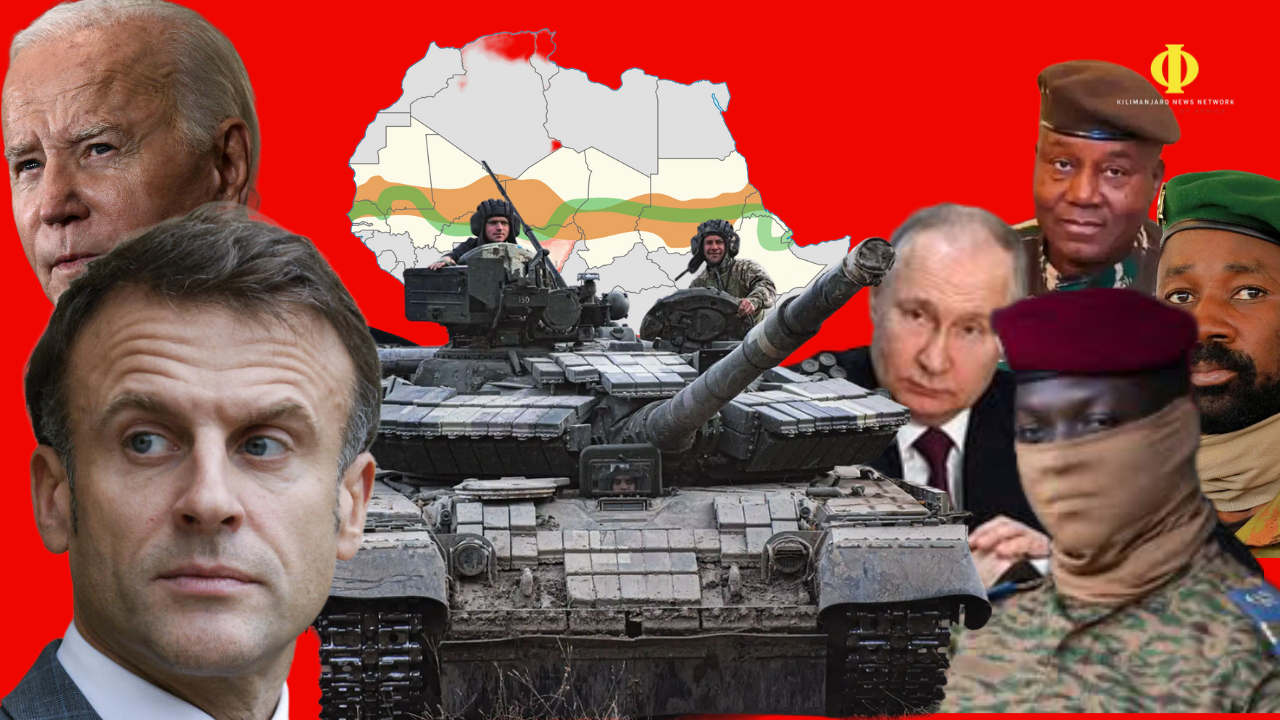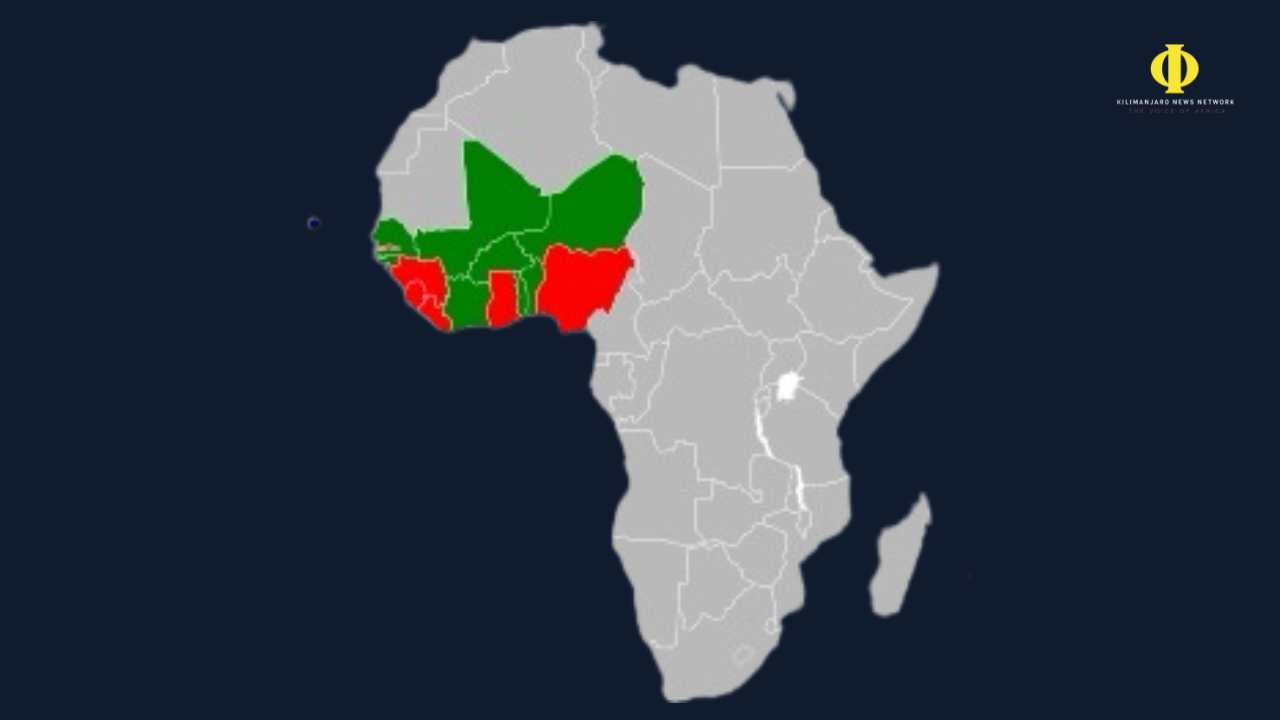
Sahel The Last Frontier: Mali, Burkina Faso and Niger Caught in a Superpower Showdown!
Across the parched expanse of the Sahel, where vast sand dunes whisper tales of hardship and jihadist shadows dance across sun baked villages, a drama unfolds unlike any other. This is not just a fight for influence; it’s a blood-soaked chessboard where superpowers jostle for control, their eyes fixed on the glittering prizes beneath the parched earth. Mali, Burkina Faso, and Niger stand at the heart of this crucible, their fates intertwined with the geostrategic ambitions of global players.
While some lament the West’s waning grip, the reality is far more layered. Whispers of a shadowy “Africa Corps” replacing Wagner fuel anxieties, but beneath the surface lies a cauldron of complex motivations. Yes, the EU frets about marginalization, but for players like Russia, the calculus extends far beyond mere influence.
Niger, a treasure trove of uranium, fuels nuclear reactors worldwide. Burkina Faso’s gold gleams with economic allure. But the strategic prize list doesn’t end there. Initially planned to snake through Niger, a multi-million dollar gas pipeline promised economic benefits that have now been thrown into question. The junta’s abrupt halt to the project adds another layer of uncertainty to the region’s already volatile mix.
Beyond resources, the Sahel boasts numerous military camps, remnants of past interventions and potential staging grounds for future operations. But the winds of change blow strong. Burkina Faso, for instance, expelled French troops and maintains a frosty relationship with the US, seeking new partners closer to home. Their dramatic exit from ECOWAS, accusing the body of departing from pan-African ideals, further underscores their desire to chart an independent course.
African voices rise above the din, rejecting simplistic narratives of neo-colonialism. They see Russia, not as a puppet master, but as a potential partner, one who acknowledges their right to chart their own destiny. This sentiment reflects a yearning for agency, a desire to break free from the perception of external manipulation.
The future of the Sahel, therefore, hinges not just on the actions of distant powers, but on the choices made by the nations themselves. Can they carve their own path through the treacherous terrain of shifting alliances and hidden agendas?
Instead of lamenting the decline of Western dominance, let us explore the possibilities that lie ahead. African nations have the power to shape their own future, and the tools at their disposal are not limited to traditional solutions.
Imagine a strengthened AU and ECOWAS, a bulwark against instability, with joint intelligence operations, coordinated military efforts, and a robust information exchange network.
Prioritizing investments in education, healthcare, and infrastructure can cultivate fertile ground for long-term stability and prosperity, tackling the very breeding ground for conflict.
Moving beyond traditional alliances, African nations can engage with a wider range of partners, harnessing diverse expertise and resources to create solutions free from undue dependence.
African leaders can become architects of peace, convening talks, facilitating dialogue, and offering good offices, their unique understanding weaving solutions from the fabric of their own context.
The Sahel is not a preordained battleground; it is a crucible where the future is forged. By taking ownership of their security, development, and diplomatic efforts, African nations can transform this crucible into a forge of unity and progress. The choices they make in the coming months will not only define the fate of the region, but also send ripples across the wider geopolitical landscape.
Is the Sahel the last frontier in geopolitics? Perhaps. But it is more than that. It is a microcosm of the struggles and aspirations of a continent, a testing ground for a new model of international cooperation, and a crucible where the fires of self-determination burn bright. The story of the Sahel is not a spectator sport; it is a call to action. Join the conversation, share your perspectives, and help shape the narrative of this critical juncture in African history.
